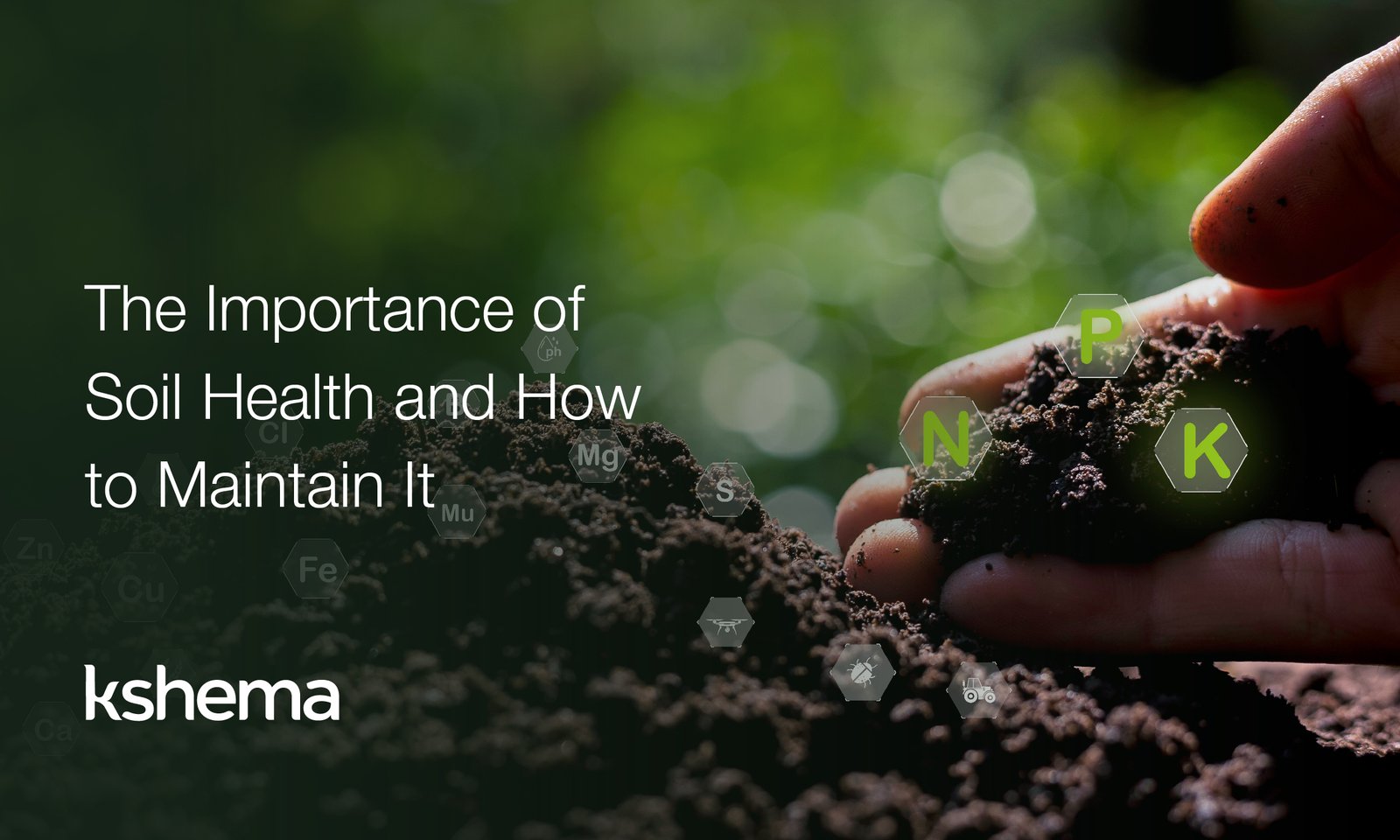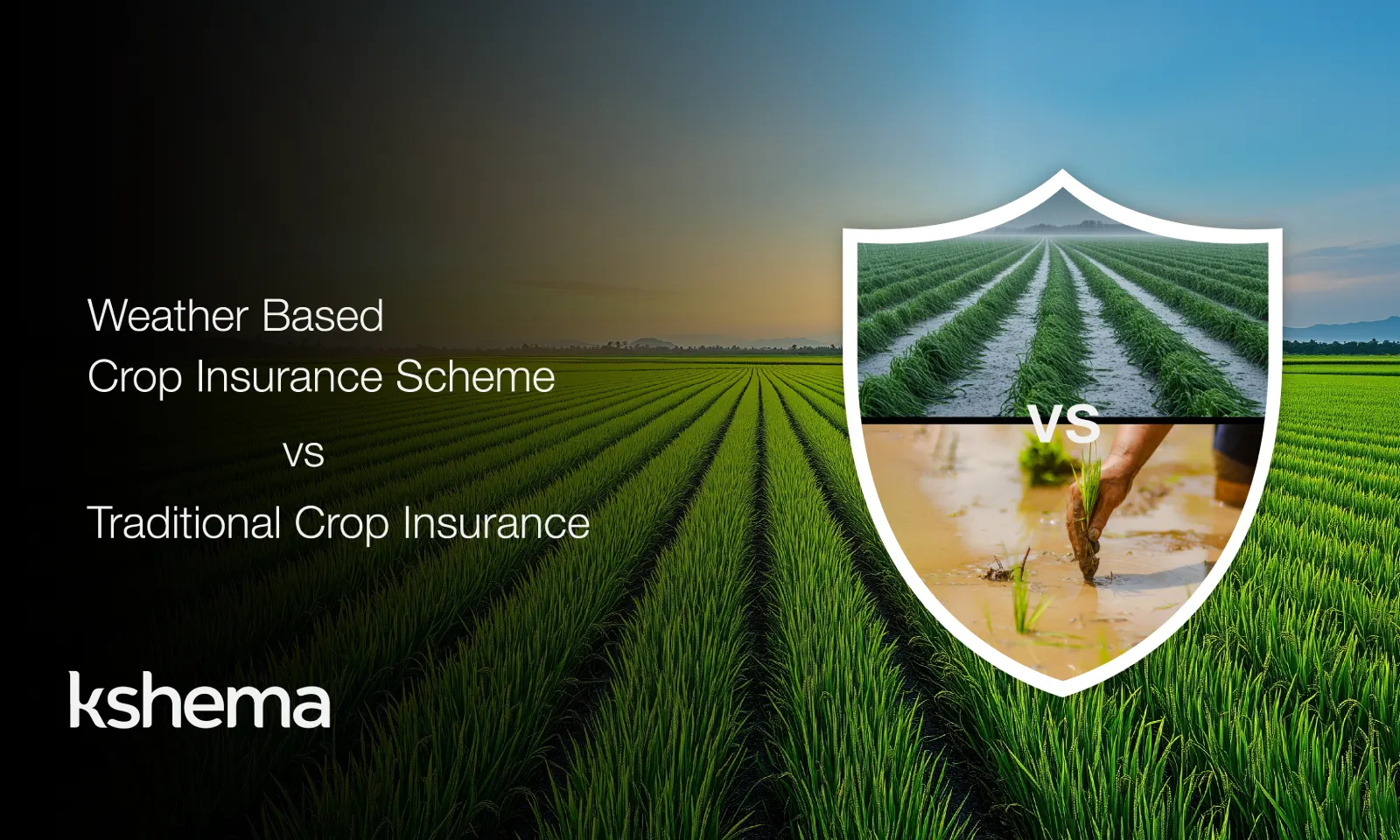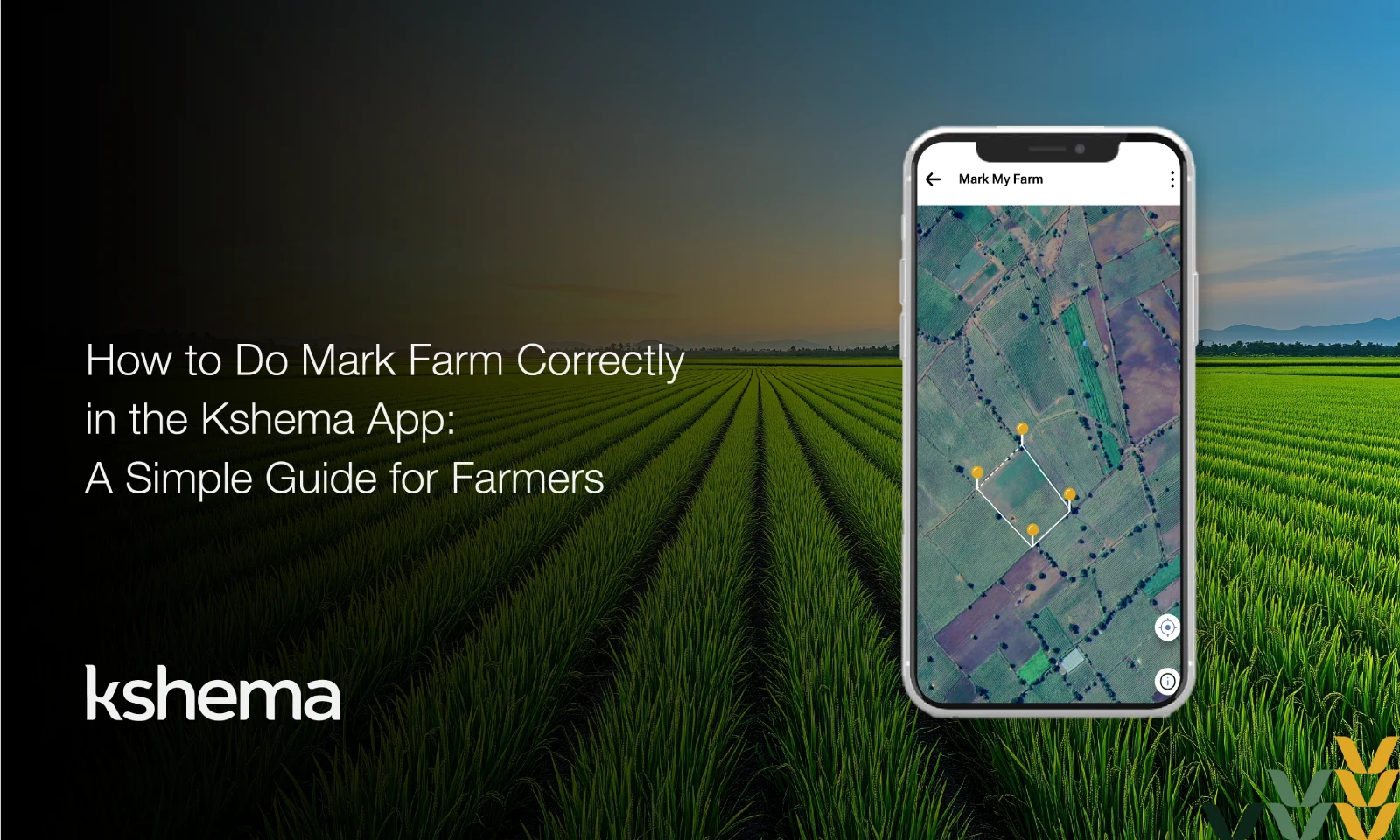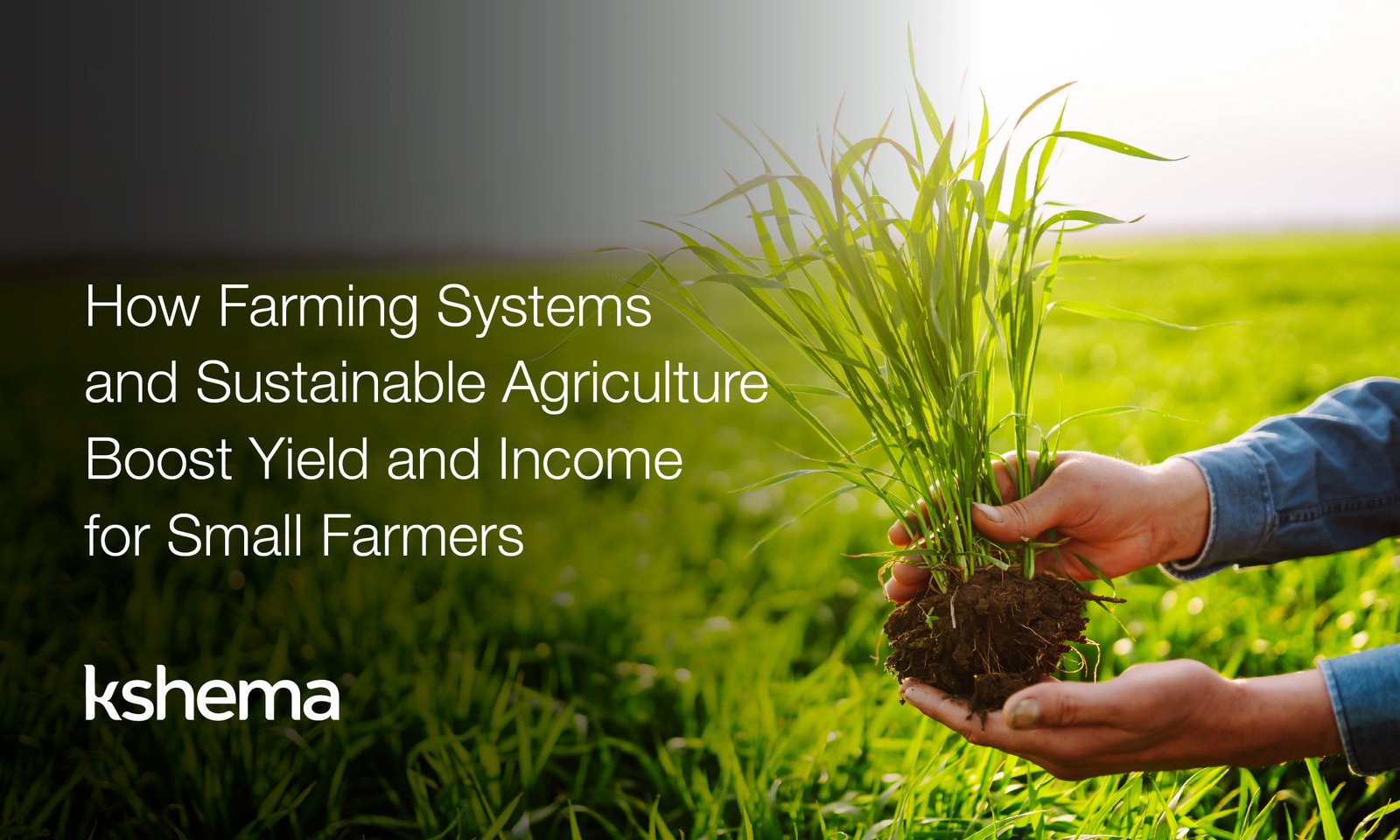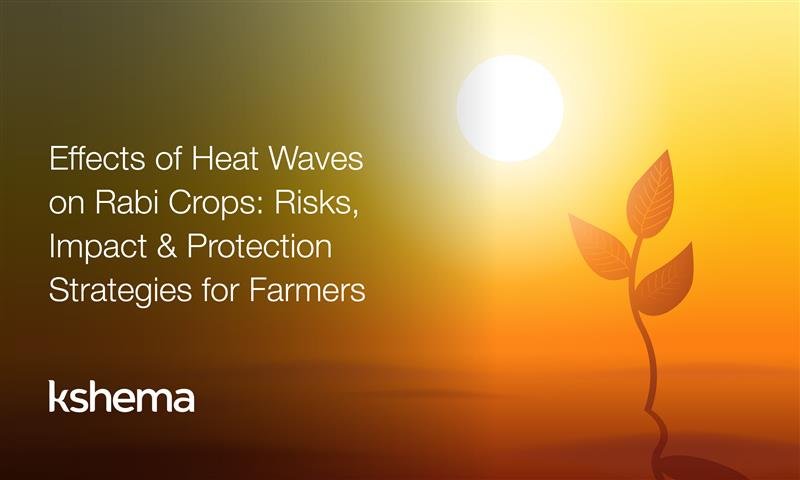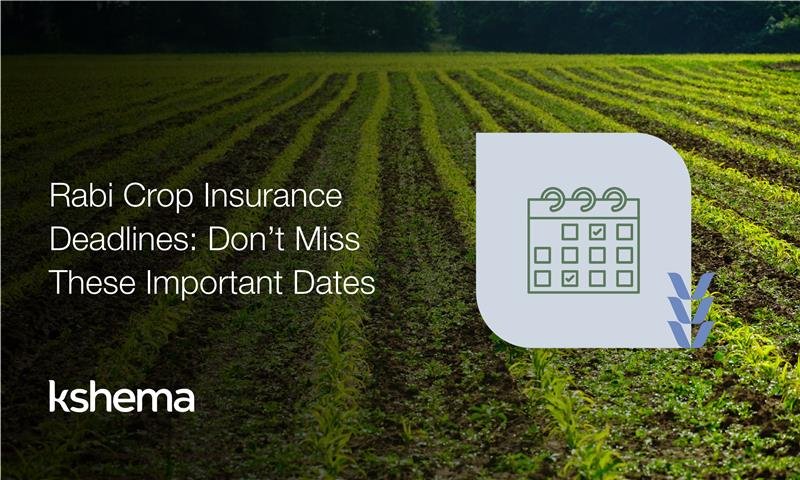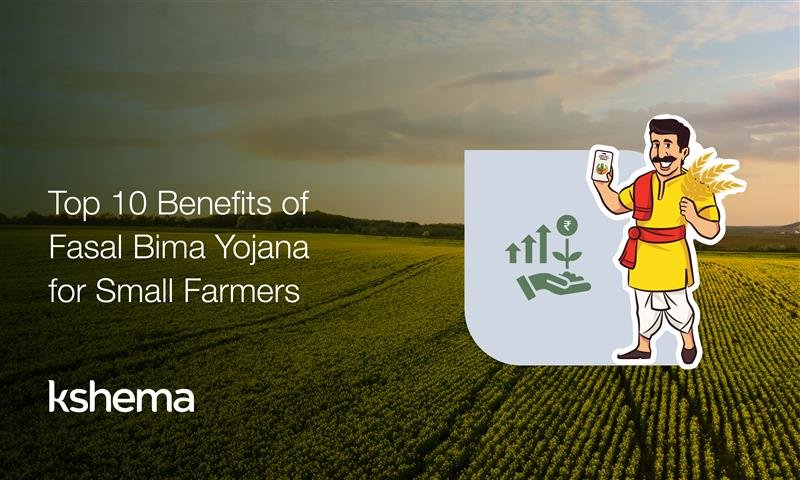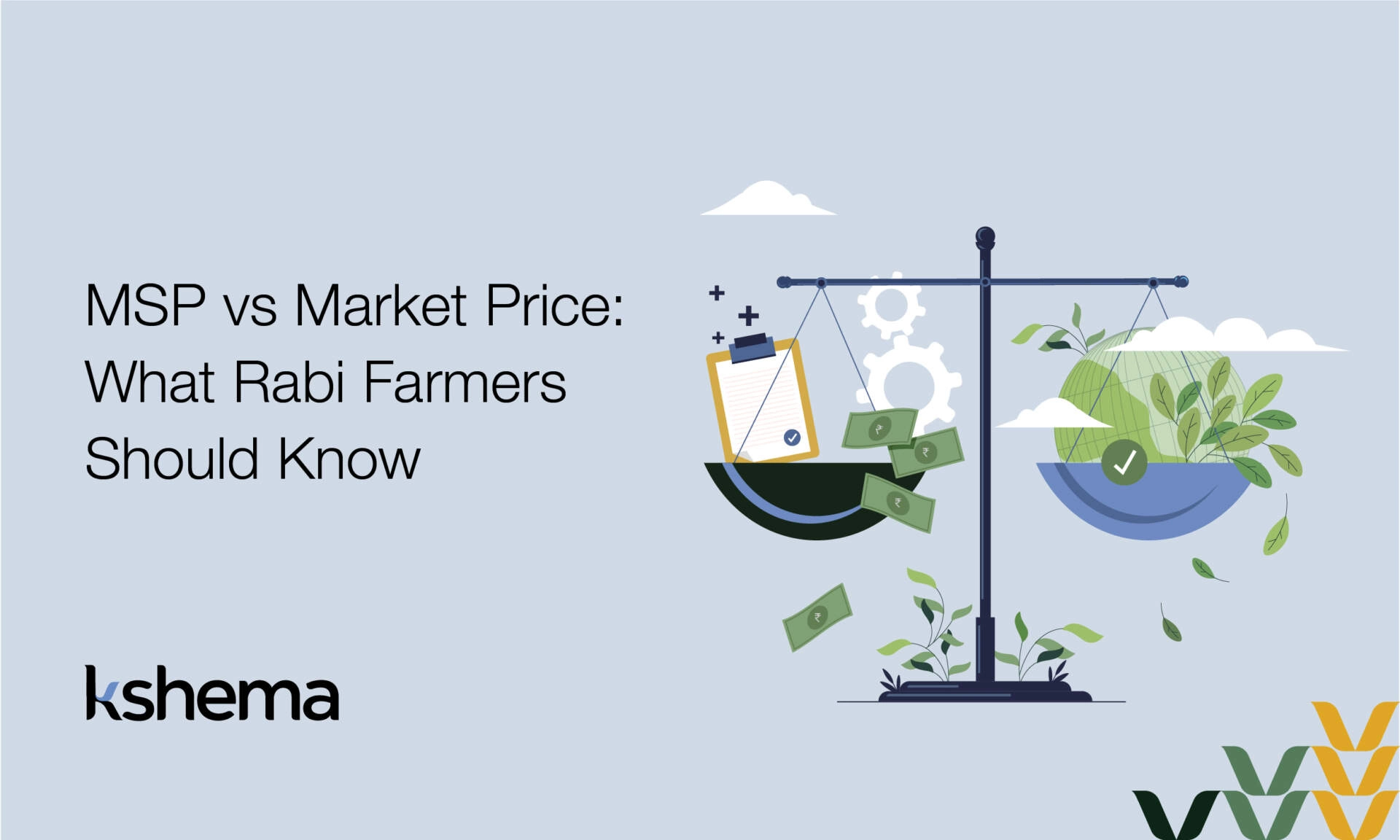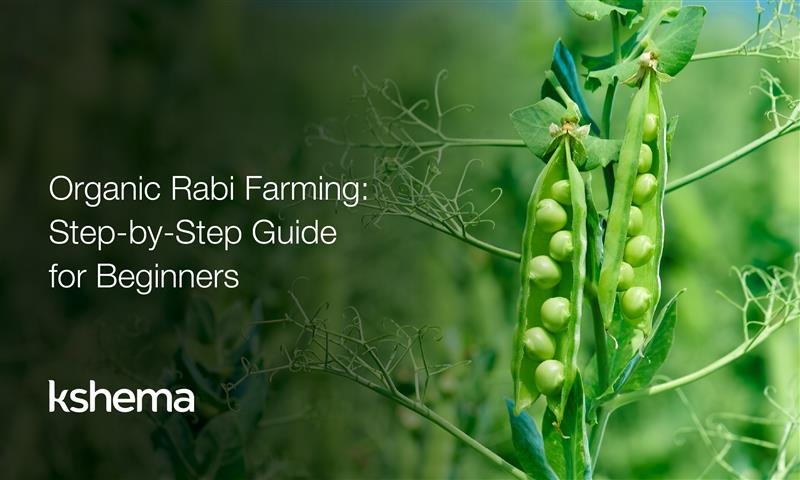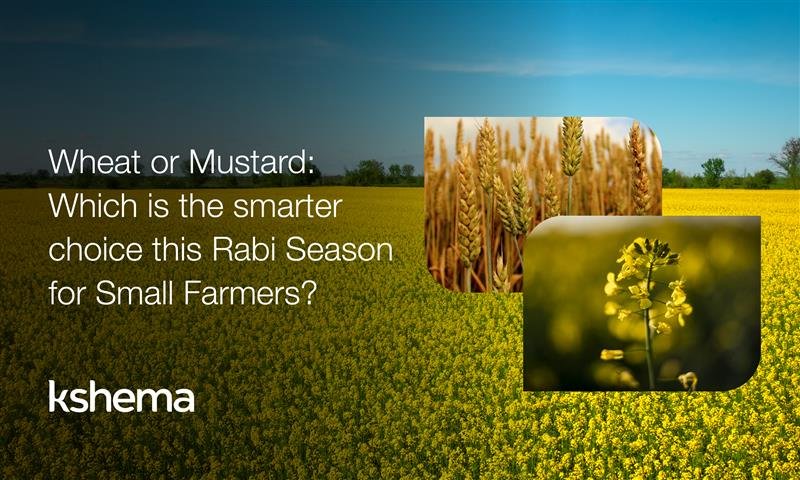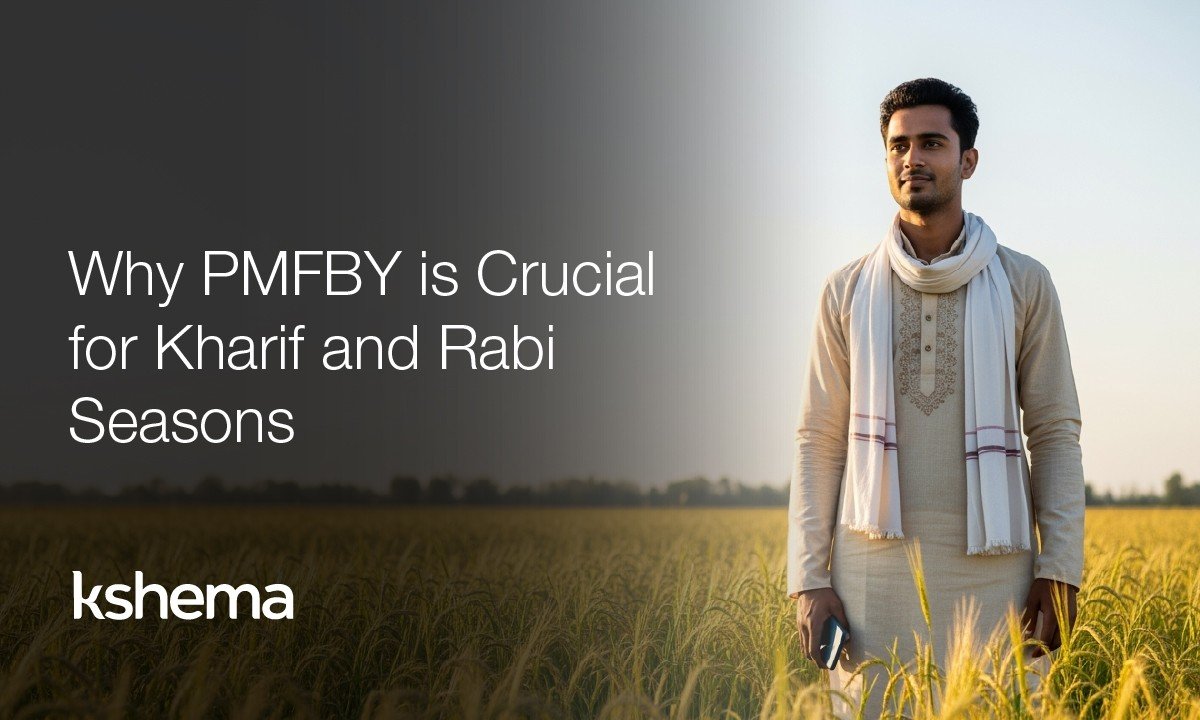Introduction:
Soil health is one of the most important foundations of farming. Healthy soil improves crop growth, water retention, nutrient supply and overall farm productivity. Many farmers face declining yields because of poor soil structure, overuse of chemicals and erosion. This guide explains the importance of soil health in agriculture, the problems caused by unhealthy soil and simple practices farmers can follow to maintain soil quality for long-term sustainable farming.
- Buy in easy steps
- Premium Starts at INR 499
- Protect 100+ Crops
- Quick & Easy Claims

Quick Summary: Importance of Soil Health for Farmers
Healthy soil improves crop yields, water retention, biodiversity and climate resilience. It also helps farmers reduce fertiliser costs and withstand droughts or heavy rain. Farmers can maintain soil health through crop rotation, adding organic matter, reducing tillage, proper irrigation, managing soil pH and regular soil testing for long‑term sustainable agriculture.
In this blog, you will learn:
- Why soil health is important
- Problems caused by unhealthy soil
- Best practices to maintain soil health
- Government and support initiatives (at a high level)
- How crop insurance protects farmers
Soil Health in Agriculture: Why It Matters
Soil is the foundation of agriculture. It provides nutrients, water and physical support for crops. When soil health is good, crops grow stronger, yields are more stable and farmers are better protected against weather changes. When soil is degraded, farmers face falling yields, higher input costs and greater risk from droughts, pests and diseases.
Understanding soil health helps farmers take better decisions about fertiliser use, irrigation, crop rotation and risk management.
What Is Soil Health? Meaning for Farmers
- Good structure, allowing roots to grow deeply
- Adequate organic matter
- Active and diverse soil organisms
- Balanced nutrients and good water‑holding capacity
Importance of Healthy Soil for Crop Growth
1.Sustainable Agriculture:
Healthy soil is the backbone of sustainable agriculture. It supports plant growth by providing essential nutrients, retaining moisture, and promoting root development. When soil health is compromised, crops become more vulnerable to diseases, pests, and environmental stress, resulting in reduced yields and a greater reliance on chemical fertilizers and pesticides.
2. Water Retention and Quality:
3. Biodiversity:
4. Carbon Sequestration:
5. Food Security:
The quality of the soil directly impacts the quality and quantity of the food we produce. With the global population expected to reach 10 billion by 2050, maintaining soil health is essential to ensure we can continue to produce enough food to feed everyone. Healthy soil benefits not only agriculture but also human life by ensuring nutritious food and clean water.
Problems Caused by Poor Soil Health
When soil health declines, farmers start noticing:
- Reduced germination and poor root growth
- Hard, compacted soil that is difficult to till
- More weeds, pests and diseases
- Greater dependence on chemical fertilisers
- Lower yields even after applying more inputs
Degraded soil loses organic matter, becomes compacted and struggles to retain water and nutrients. This increases the risk of crop failure during droughts or heavy rain, and makes farming more expensive and less predictable.
How Farmers Can Improve and Maintain Soil Health
1. Practice Crop Rotation:
Growing the same crop year after year depletes soil nutrients and increases the risk of pests and diseases. Crop rotation involves planting different crops in sequence to break pest and disease cycles, improve soil structure, and boost nutrient availability.
2. Grow Cover Crops:
3. Minimise Tillage:
4. Use Organic Matter:
5. Implement Integrated Pest Management (IPM):
Rather than relying solely on chemical pesticides, IPM involves a combination of biological, cultural, and mechanical methods to control pests. By reducing the use of chemicals, IPM helps maintain soil health by minimising the disruption of beneficial soil organisms and reducing the risk of chemical contamination.
Read also: Sustainable Farming Practices Every Farmer Should Know
6. Manage Soil pH:
7. Ensure Proper Irrigation:
8. Promote Biodiversity:
Crop Insurance and Soil Health
Conclusion
Maintaining soil health is fundamental to sustainable agriculture, environmental protection and food security. By understanding soil health and applying practical practices like crop rotation, cover crops, reduced tillage, organic matter use and proper irrigation, farmers can keep their soil productive and resilient for future generations. Combining good soil management with crop insurance better protects both the land and farmer livelihoods from unforeseen risks. Healthy soil is the foundation of a healthy planet—and it is our shared responsibility to care for it.
Frequently Asked Questions About Soil Health
1. Why is soil health important?
Healthy soil supports strong crop growth, better yields and higher quality produce. It improves water retention, reduces erosion, supports biodiversity and helps farmers manage inputs more efficiently, contributing to long‑term farm sustainability.
2. How can farmers improve soil health in agriculture?
Farmers can improve soil health by practising crop rotation, using cover crops, adding compost or manure, reducing tillage, managing soil pH through testing and lime or sulphur application, and using efficient irrigation methods. These steps increase organic matter, improve structure and support beneficial soil life.
3. What are the main benefits of healthy soil?
Healthy soil improves yields, strengthens roots, increases water‑holding capacity, reduces erosion, supports biodiversity and stores more carbon. It also helps farmers cut fertiliser costs and makes crops more resilient to droughts and heavy rain.
Disclaimer:
“We do not assume any liability for any actions undertaken based on the information provided here. The information gathered from various sources and are displayed here for general guidance and does not constitute any professional advice or warranty of any kind.”


